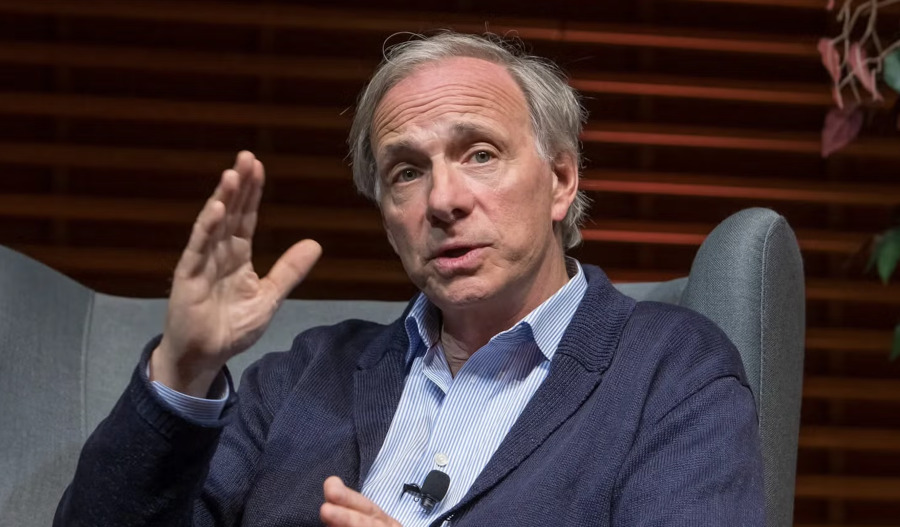Michael Burry, the investor immortalised in the movie “The Big Short”, has pointed the finger at some of America’s biggest tech firms for using creative accounting to overstate profits fuelled by the artificial intelligence (AI) boom.
In a post on X on Monday, the Scion Asset Management founder claimed that so-called “hyperscalers” — the major providers of cloud and AI infrastructure — are understanding their depreciation costs by making unrealistic assumptions on how long their chips will last.
Burry argues that pushing out the estimated lifespan of computing equipment - which artificially boosts earnings - is one of the more common financial manipulations of modern times.
Despite hyperscalers rapidly increasing capital spending on Nvidia chips and servers — which typically have a two- to three-year life cycle — Burry claims they’ve all extended their depreciation timelines.
By doing this, Burry estimated that between 2026 and 2028, this accounting practice could have understated depreciation by up to $176 billion, hence inflating reported profits across the tech sector.
He singled out Oracle and Meta, suggesting their earnings might appear 27% and 21% artificially higher than they really are by 2028.
CNBC reached out to Oracle and Meta for comment, while Nvidia declined to respond.
Given that accounting standards give firms considerable flexibility in estimating depreciation, Burry’s serious claims are difficult to prove.
Under generally accepted accounting principles (GAAP), companies have the ability to amortise the cost of major purchases — like semiconductors or servers — over the asset’s expected lifespan.
By extending the life cycle of its chips, a company can lower its annual depreciation expense, which results in making its earnings appear healthier.
Given that Burry famously predicted the 2008 housing market collapse, his repeated warnings that today’s AI frenzy resembles the tech bubble of the late 1990s are not falling on deaf ears.
Last week, he revealed new short positions against AI darlings Nvidia and Palantir Technologies and revealed put options worth about $187 million and $912 million, respectively, as of 30 September.
The filings didn’t list strike prices or expiry dates, leaving it unclear whether the bets remain open or were simply hedges.
Meantime, Palantir’s CEO Alex Karp described Burry’s positions as “super weird” and “batshit crazy.”
While Nvidia’s stock slipped again on Tuesday, Nvidia shares rose nearly 6% on Monday after a 7% drop the week before, while Palantir shares jumped 9% after falling 11% the previous week.
Burry ended his media post by saying more details would be revealed on 25 November — urging the market to “stay tuned”.
Meanwhile, global stock markets have recently taken a tumble amid concerns that a boom in valuations of artificial intelligence (AI) companies could be rapidly cooling.
These falls have only heightened uncertainty over investment in AI companies.
The vast majority of investment in AI programmes has been promised to a very small group of tech companies, particularly OpenAI and Nvidia, while there has so far been little return on investment.

Join our community of decision-makers. No card required
Join now

